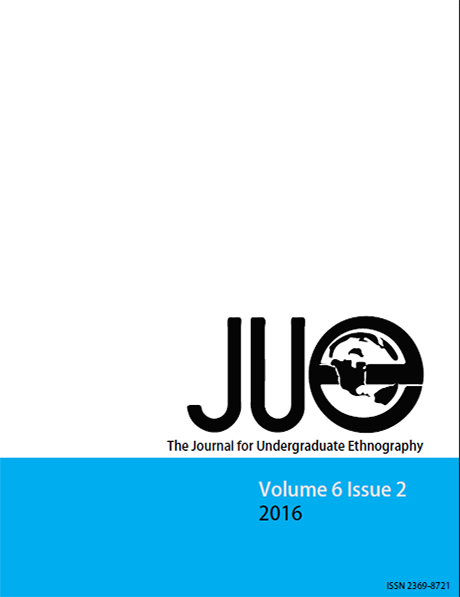Freedom and Emptiness: Investigating the Experience of Meaning-Making among Non-Religious Students
DOI :
https://doi.org/10.15273/jue.v6i2.7070Résumé
This paper investigates the experience of university students who identify as non-religious. Drawing on the philosophical frameworks of Nietzsche‘s notion of nihilism and Sartre‘s ideas on Atheist Existentialism, the research explores how non-religiousstudents experience and give meaning to their non-religiosity. Ten in-depth interviews were conducted with students aged 18-25. According to the interviewees, being non-religious means that a God or a predetermined purpose in life does not exist. From this perspective, inner tensions arise, each encompassing feelings of freedom and empowerment as well as feelings of emptiness and heaviness. The article explores three main themes from the interview material, which relate to Sartre‘s notions of freedom and abandonment. The first focuses on the tension between freedom and emptiness: in the absence of a god, individuals can create the life that they themselves will, which allows them a great sense of empowerment and responsibility. However, for many, this also results in feelings of emptiness and despair. The second theme discusses the participants‘ value of their own sense of critical awareness in contrast to a certain longing for the blissful ignorance that religion, in their eyes, provides. Finally, the tension between participant‘s concept of ‘nothing out there‘ and the existence of ‘something‘ is explored.
Téléchargements
Numéro
Rubrique
Articles


